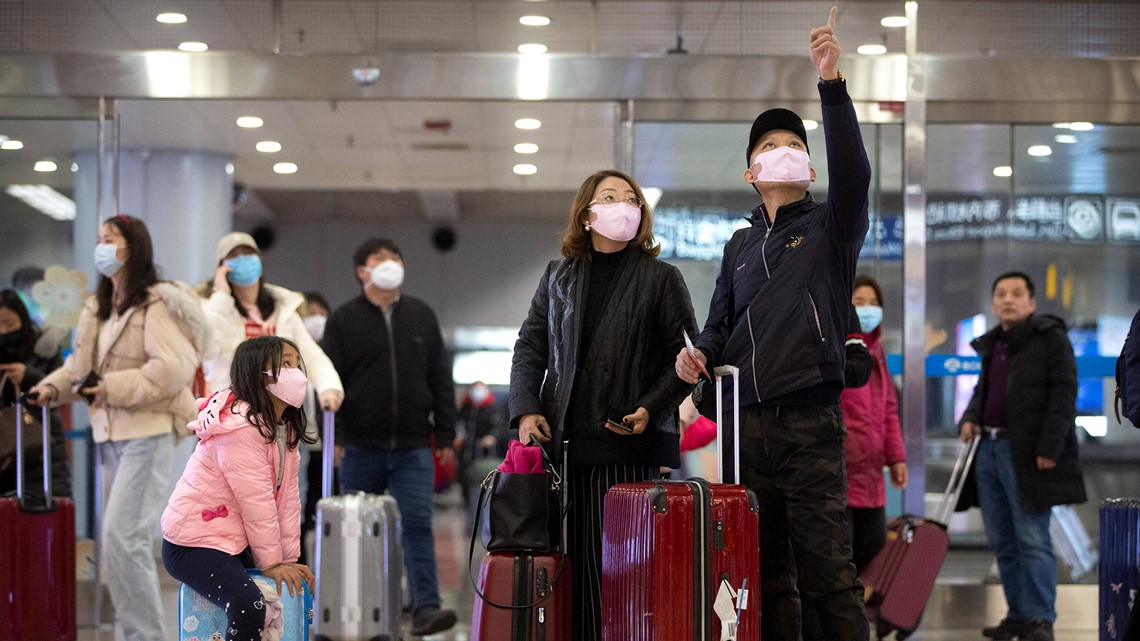The World Health Organization says a deadly viral illness in China that has sickened hundreds of people is not yet a global health emergency.
The decision came after Chinese authorities moved to lock down three cities on Thursday and canceled major events in the capital, Beijing, during the Lunar New Year holiday period to try to contain the new virus.
The United Nations health agency announced the decision after independent experts spent two days assessing information about the spread of the newly identified coronavirus.
WHO defines a global emergency as an “extraordinary event” that constitutes a risk to other countries and requires a coordinated international response. Previous global emergencies have been declared for the emergence of Zika virus in the Americas, the swine flu pandemic, and polio.
A declaration of a global emergency typically brings greater money and resources, but may also prompt nervous foreign governments to restrict travel and trade to affected countries. Deciding whether an outbreak amounts to an international crisis therefore can also be politically fraught.
In 2014, WHO resisted declaring the devastating Ebola epidemic in West Africa to be a global emergency because it feared the announcement would anger Guinea, Liberia and Sierra Leone. When WHO made its last emergency declaration in July, related to the ongoing Ebola outbreak in Congo, the Congolese health minister resisted the characterization and suggested the decision was made to raise funds “for certain humanitarian actors.”
China has closed off three cities of more than 18 million people combined in an unprecedented effort to try to contain the viral illness that has sickened hundreds and spread to other cities and countries in the Lunar New Year travel rush.
In addition to Wuhan, the apparent epicenter of the coronavirus outbreak, China is trying to lock down the city of Huanggang. Reuters reports authorities there have ordered indoor entertainment venues to close and are asking citizens not to leave other than under special circumstances. Huanggang is home to about seven million people. Similar measures were set to take effect in the nearby city of Ezhou, home to about one million residents, according to the New York Times.
In normally bustling Wuhan, streets, shopping malls, restaurants and other public spaces were eerily quiet. Barriers blocked the entrance to the city's train station, and the airport, ferries, subways and buses were also halted.
Other cases have been reported in the United States, Japan, South Korea and Thailand. Singapore, Vietnam and Hong Kong reported their first cases Thursday.
An official at the World Health Organization said that trying to contain a city of 11 million people is something science has never tried.
“It has not been tried before as a public health measure. We cannot at this stage say it will or it will not work," Gauden Galea, the World Health Organization’s representative in China, told The Associated Press.
The vast majority of mainland China’s 571 cases have been in Wuhan. Other cases have been reported in other Southeast Asia countries and in Washington State. A total of 17 people have died, all of them in the vicinity of Wuhan.



